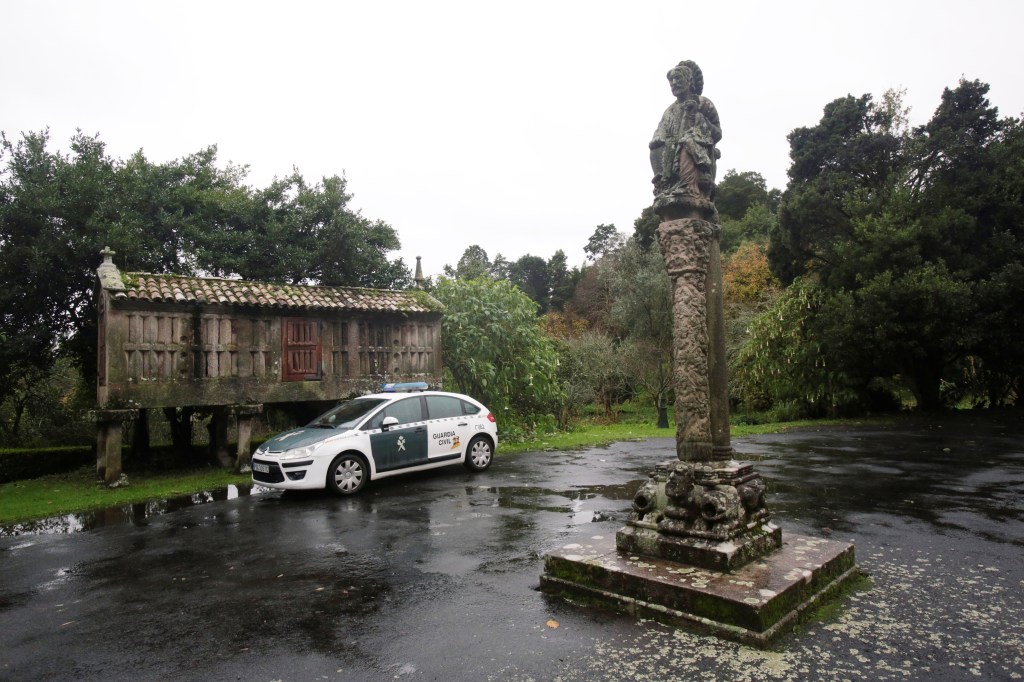Berlin, October 26, 2021 — Spanish authorities must drop their demand for journalist Ignacio Escolar to reveal his news site’s sources in a leak investigation, the Committee to Protect Journalists said today.
On October 5, 2021, the first instance investigative criminal court No. 29 of Madrid, presided by investigating judge María Cristina Díaz, gave Ignacio Escolar, director of online news site elDiario.es, 10 days to identify the source of a leaked report on the contents of Spanish dictator Francisco Franco’s former manor, Escolar told CPJ via email and elDiario.es reported.
The report was the basis of the newspaper’s December 7, 2020 articles alleging that Franco’s descendants removed assets from the home, according to those two sources.
Díaz is a conducting a leak investigation into officials with the state-owned company responsible for the report following the filing of a criminal complaint against officials with the company by Franco’s descendants, according to elDiario.es.
“It is of vital importance for journalists to be able to protect confidential sources,” said Gulnoza Said, CPJ’s Europe and Central Asia program coordinator, in New York. “Spanish authorities should drop their demand for Ignacio Escolar to reveal his sources as part of a leak investigation, it puts him under unnecessary pressure and could have a chilling effect on journalism in Spain.”
Escolar told CPJ that in a written statement to the judge on October 13 he refused to comply with the court’s demand citing his constitutional rights as a journalist to protect his sources. He published his full response to the judge on elDiario.es, calling reporter-source privilege the “basis of a fundamental right for a democratic society.”
In a statement via email after publication, Díaz told CPJ that as an investigating judge it was her legal obligation to find out who revealed the report to the press. She did not answer CPJ’s questions about possible legal consequences of Escolar’s failure to comply with her demand, which Escolar said he believed he would face.
In September 2020, a Spanish court said the building and the assets inside belonged to the state and not to the Franco family, and ordered the family to turn over the property in December 2020, Politico reported.
“For decades, the dictator used his power to collect art and even sculptures from the Middle Ages that he kept in the palace. The discussion is relevant because the family says they owned these pieces while the state says they are also public property,” Escolar told CPJ.
CPJ also emailed the law firm Utrera Molina representing Franco’s descendants, and the press office of the state-run company that oversees public buildings, which made the inventory, for comment but received no reply.
Editor’s note: The seventh paragraph has been updated with a response from María Cristina Díaz, the judge of investigative criminal court No. 29 of Madrid.
